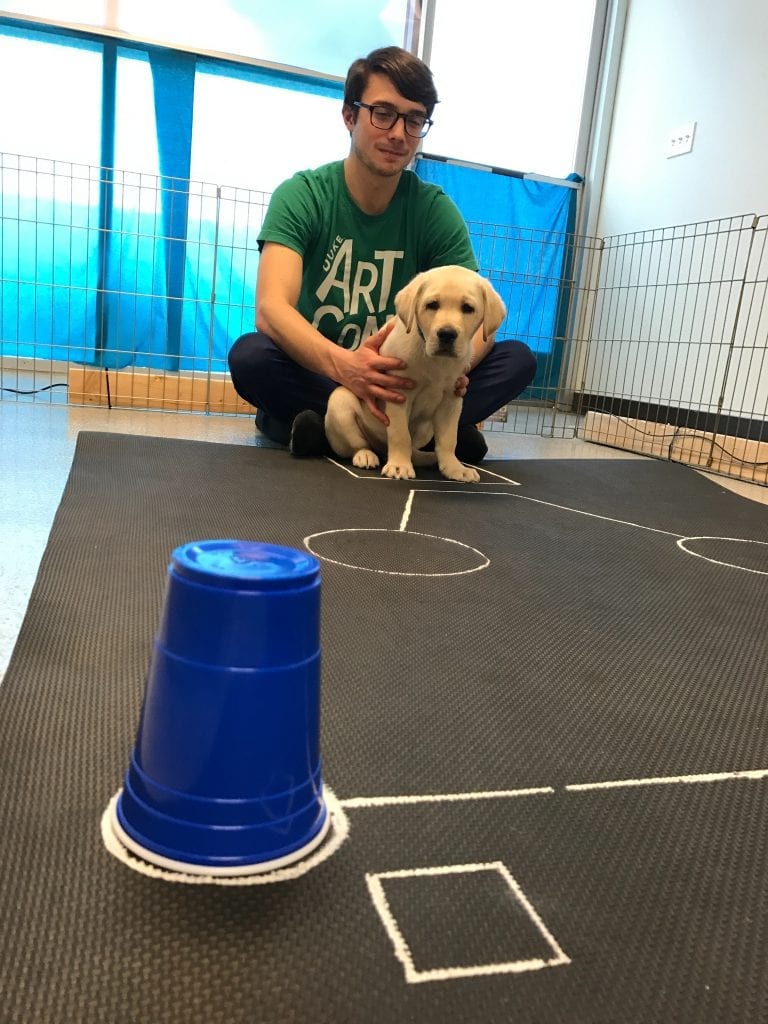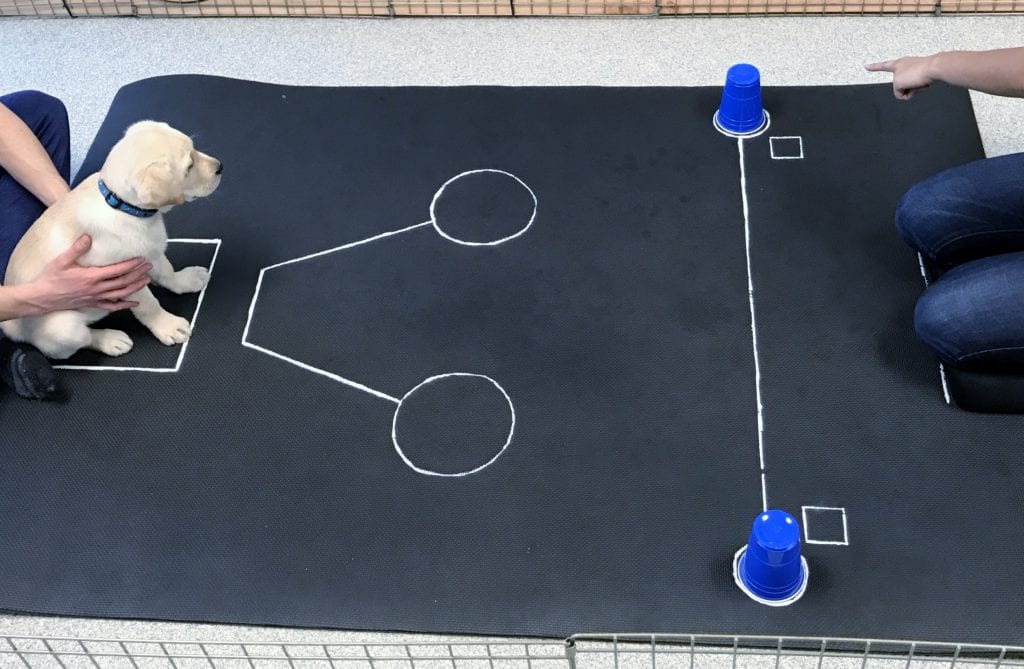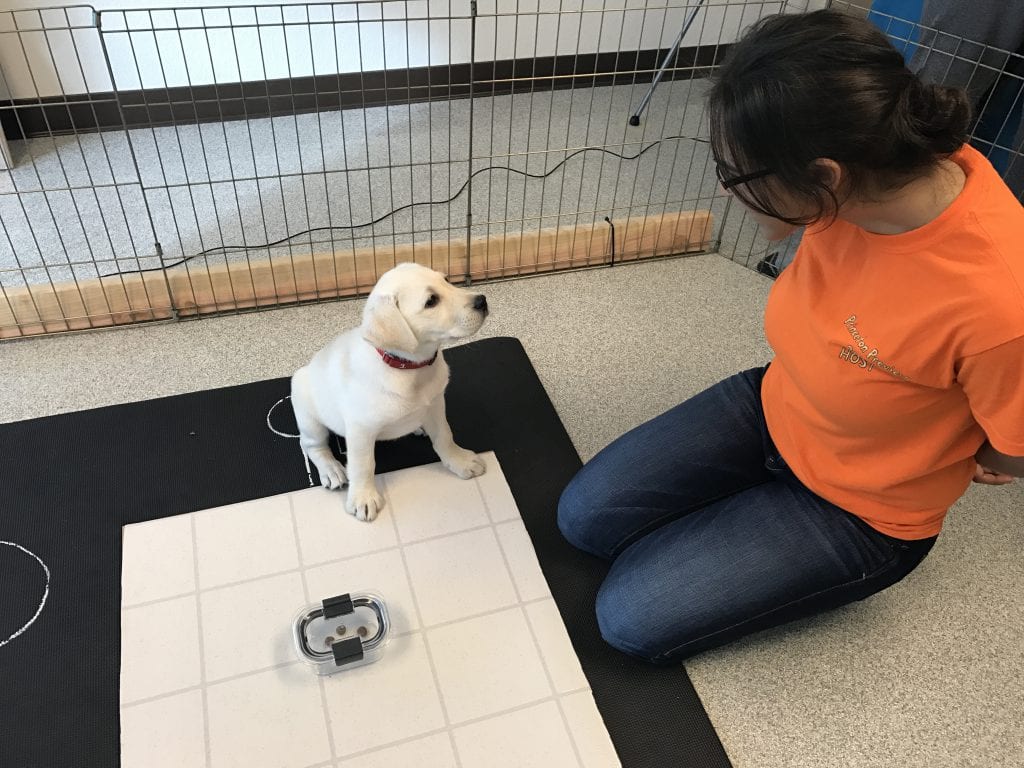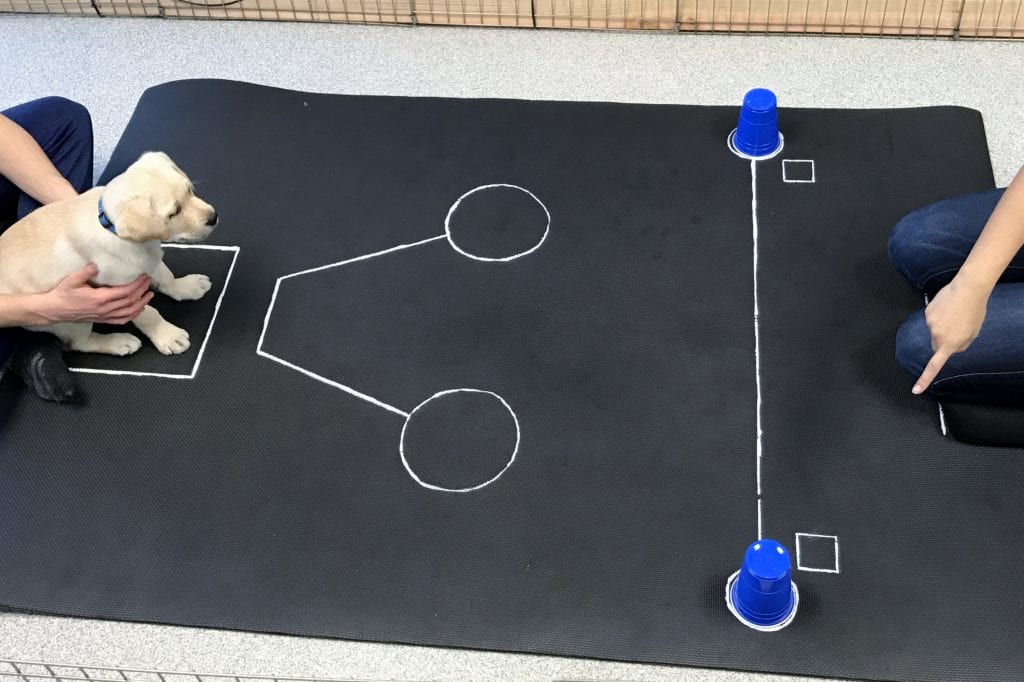University of Arizona and the Humane Society of Southern Arizona (HSSA) come together to form a powerful partnership that will create change in animal welfare
Thursday, June 3rd, 2021
Our ancestral bonds with other species had humble beginnings as our ancient relatives came to understand the profound connection humans and animals share. This connection has not only evolved into something more beautiful, it has also injected our lives with rich purpose. Throughout our history, animals often served humans in a myriad of ways, including hunting, protection, and companionship. Over time we’ve grown to understand that we must also serve and protect our animals because their presence in our lives is vital, and we are obligated to return the favor. Education and research are key components in achieving that reality.
Your Humane Society of Southern Arizona has made a promise to our community to enrich the lives of pets and the people who love them. We are holding true to that promise in the expansion of our education program in our new Education and Behavioral Center. Soaring forward into a brighter future for pets and a currently underserved community, this building will breathe new life into our mission by reinforcing our focus on providing pet families with the tools they need to find solutions to pet behavioral issues while strengthening the bond they share with their pets. This building will be the epicenter of our youth-centered humane education program, inspiring young minds while educating the powerful animal advocates of tomorrow, as well as a state-of-the-art behavioral research space designed to support our instrumental partnership with the University of Arizona College of Veterinary Medicine and Arizona Canine Cognition Center as they pursue a deeper understanding of the human-animal bond.
Establishing a partnership with the University of Arizona is perhaps one of the most monumental strides in our journey thus far. Steve Farley, CEO of HSSA, explains that, “our collaboration with the University of Arizona marks an important step forward for HSSA as we assist in new discoveries on how dogs and cats think, and what they think about us.” He continues, “These breakthroughs will deepen our relationships with our pets and help us understand how we can better communicate with one another.”
Evan MacLean, Director of the Arizona Canine Cognition Center at the University of Arizona, is one of the researchers who will be utilizing the new center to further his groundbreaking research, published in the leading scientific journal, Current Biology, that will provide unprecedented insight into just how deeply embedded in a dog’s biology is their understanding of human body language. In observing what are sure to be the most adorable research subjects, puppies, MacLean and his colleagues are documenting their responses to human gestures, such as hand pointing. Puppies are important in this research because if, in fact, dogs do have an innate understanding of the reasoning behind complex human gestures, they will exhibit this understanding at a very young age, prior to being extensively socialized. That is what MacLean and his colleagues have uncovered.
Studying dogs is far from just a job for MacLean. There is a great deal of heart behind his work. “If we do things well, we not only produce new knowledge, but we gain insights into how that knowledge can be translated meaningfully for dogs and the people who care for them.” MacLean says, “Working together with HSSA presents an amazing opportunity to collaborate with a team who understands the challenges and opportunities in our local community, and who is committed to developing innovative solutions in this space.”
There is an immense range of research yet to be conducted in order to gain a full understanding of the science behind how dogs became the perfect candidate for human companionship. Do they understand us so intrinsically because it’s encoded in their DNA, or is it a learned trait through simply interacting with us? These are the questions that MacLean and his team are aiming to answer at the Humane Society of Southern Arizona’s new Education and Behavior Center, which will not only have a positive impact on the scientific community, but the lives of our shelter pets as well. MacLean emphasizes that, “another major benefit of working with HSSA is that our research can provide enrichment opportunities for the dogs. All of our studies are designed as games for the pups, who enjoy the opportunity to interact with people and solve puzzles.” MacLean concludes humbly, “if we can be the bright spot in a dog’s day, while also answering scientific questions about dog minds, that’s a total win-win situation.”
HSSA's new Behavior and Education Center is being built on the west side of the Main Campus, 635 W. Roger Rd., and is expected to be open to the public in Spring 2022. To learn more about this innovative project and to get involved please contact HSSA's Chief Development Officer, Diana Cannon, at 520-327-6088, ext. 117.
Check out the University of Arizona's UANews story on the study to learn more!







